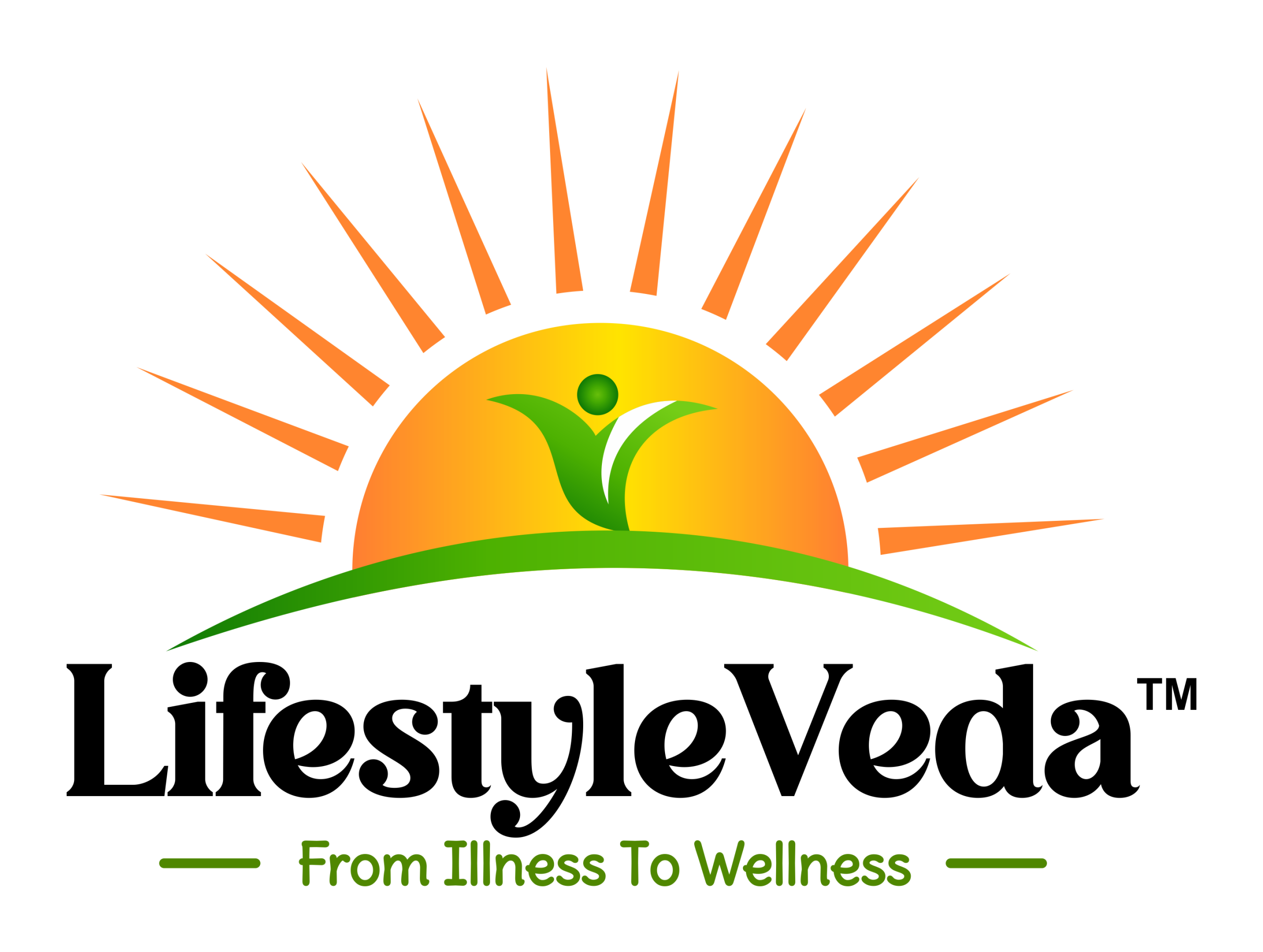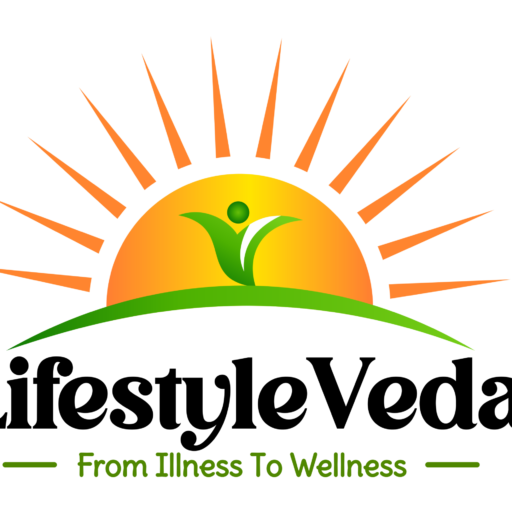
Sleep Disorders: Causes, Types, and Treatments
Sleep disorders are conditions that interfere with normal sleep patterns, affecting the quality, duration, and consistency of sleep. They can lead to daytime fatigue, impaired concentration, mood disturbances, and long-term health problems like cardiovascular disease, obesity, and depression.
Common Types of Sleep Disorders
1. Insomnia
- Definition: Difficulty falling asleep, staying asleep, or waking up too early.
- Causes: Stress, anxiety, depression, poor sleep habits, caffeine, certain medications, or medical conditions.
- Symptoms: Difficulty sleeping, fatigue, irritability, difficulty concentrating.
- Treatment:
- Cognitive Behavioral Therapy for Insomnia (CBT-I)
- Sleep hygiene improvements (consistent bedtime, avoiding screens before sleep)
- Short-term use of sleep aids (melatonin, sedatives)
2. Sleep Apnea Syndrome (SAS)
- Definition: A condition where breathing repeatedly stops and starts during sleep.
- Types:
- Obstructive Sleep Apnea (OSA): Airway blockage due to relaxed throat muscles.
- Central Sleep Apnea (CSA): Brain fails to signal muscles to breathe.
- Symptoms: Loud snoring, gasping for air, morning headaches, excessive daytime sleepiness.
- Treatment:
- CPAP (Continuous Positive Airway Pressure) machine
- Weight loss, avoiding alcohol and sedatives
- Surgery (in severe cases)
3. Restless Legs Syndrome (RLS)
- Definition: A neurological disorder causing an uncontrollable urge to move the legs, especially at night.
- Causes: Iron deficiency, kidney disease, pregnancy, neurological conditions.
- Symptoms: Tingling, burning, or itching sensations in the legs, worse at night.
- Treatment:
- Iron supplements (if deficient)
- Dopamine agonists or anticonvulsants
- Regular exercise and stretching
4. Narcolepsy
- Definition: A chronic neurological disorder causing excessive daytime sleepiness and sudden sleep attacks.
- Causes: Lack of hypocretin, a brain chemical that regulates wakefulness.
- Symptoms:
- Sudden sleep attacks during the day
- Cataplexy (sudden muscle weakness triggered by emotions)
- Sleep paralysis and hallucinations
- Treatment:
- Stimulant medications (e.g., modafinil, methylphenidate)
- Scheduled naps
- Lifestyle modifications
5. Circadian Rhythm Sleep Disorders
- Definition: Disorders that disrupt the body’s natural sleep-wake cycle.
- Types:
- Delayed Sleep Phase Disorder (DSPD): Difficulty falling asleep early and waking up in the morning.
- Shift Work Disorder: Sleep disturbances due to working irregular hours.
- Jet Lag Syndrome: Temporary sleep disruption caused by crossing time zones.
- Symptoms: Difficulty falling asleep or waking up at desired times, daytime drowsiness.
- Treatment:
- Light therapy
- Melatonin supplements
- Sleep schedule adjustments
6. Parasomnias (Unusual Behaviors During Sleep)
- Sleepwalking (Somnambulism): Walking or performing tasks while asleep.
- Night Terrors: Sudden waking with intense fear and confusion, mostly in children.
- REM Sleep Behavior Disorder (RBD): Acting out dreams, often violently.
- Treatment:
- Ensuring a safe sleep environment
- Medications like melatonin or clonazepam (for RBD)
- Stress management and proper sleep hygiene
Diagnosis of Sleep Disorders
- Polysomnography (PSG): A sleep study that monitors brain activity, breathing, and movement.
- Multiple Sleep Latency Test (MSLT): Measures how quickly someone falls asleep in a quiet environment.
- Actigraphy: A wearable device tracking sleep patterns over time.
General Treatment Approaches
- Lifestyle Changes:
- Maintaining a regular sleep schedule
- Reducing caffeine and screen time before bed
- Exercising regularly but not too close to bedtime
- Medications:
- Sleep aids (for short-term use)
- Stimulants (for narcolepsy)
- Dopamine-related drugs (for RLS)
- Therapies:
- Cognitive Behavioral Therapy (CBT) for insomnia
- CPAP therapy for sleep apnea
- Light therapy for circadian rhythm disorders

